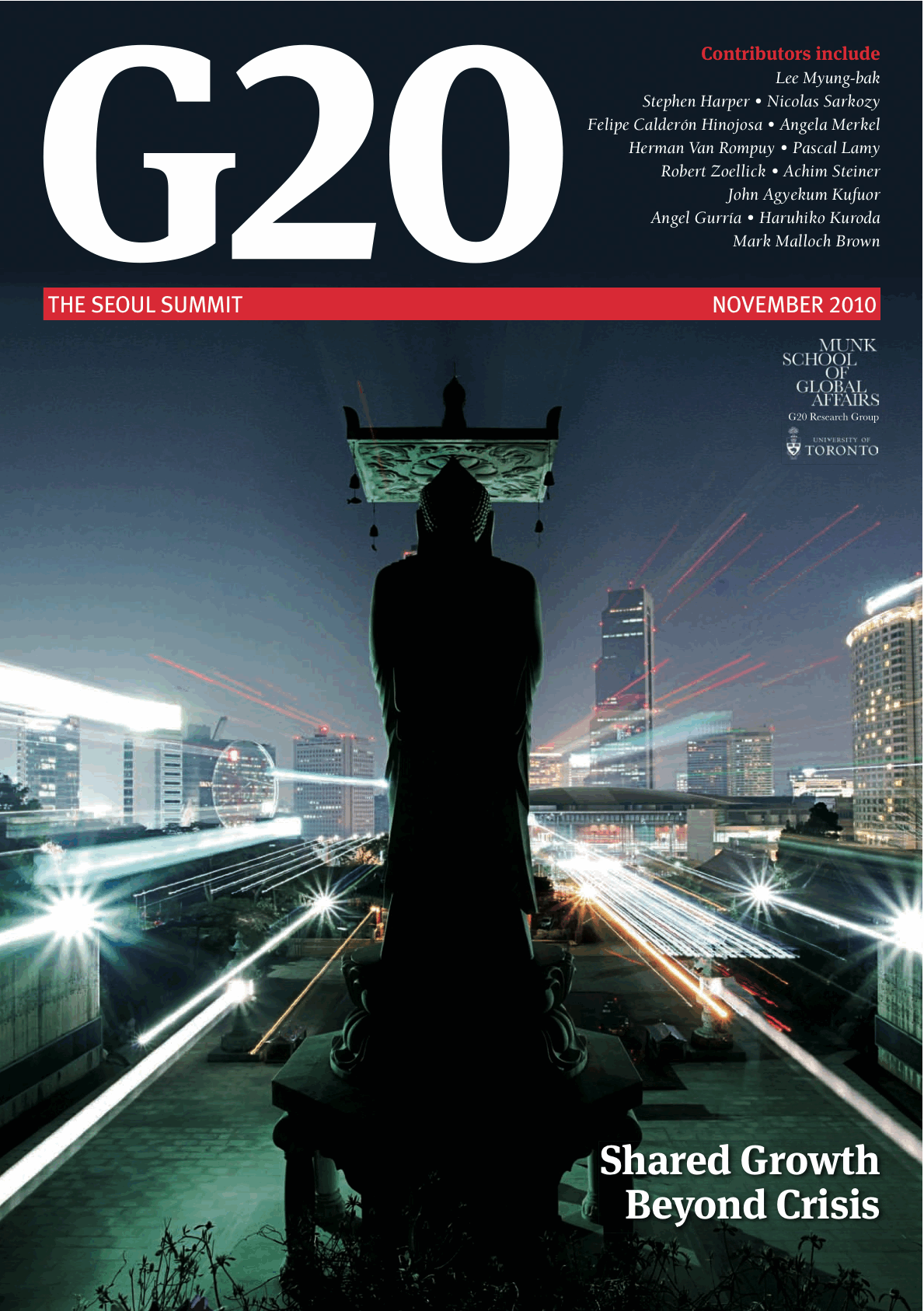

 |
 |
|

By H.E. John Agyekum Kufuor, former president, Republic of Ghana
Poor leadership has left a scar on the face of Africa, but it is healing. Today, its new leaders are bringing a stronger Africa to the world stage, keen to make the most of its natural resources and shake off poverty
To download a low-resolution pdf, click here. (Be patient! It's 50 MB.)
Poor leadership has left a scar on the face of Africa, but it is healing. Today, its new leaders are bringing a stronger Africa to the world stage, keen to make the most of its natural resources and shake off povertyAfrica needs leadership. Good leadership. Not just any kind of leadership, but leadership that has been well nurtured — leadership that can direct socioeconomic development, has vision and is imbued with a missionary zeal to tackle the myriad problems that face the continent in prioritised order.
With such leadership will come the formulation and implementation of good policies that will create the right atmosphere for investment and tap the continent’s vast natural resources, develop its human resources and make the most of its capacity. It will foster the growth of the private sector to unleash the wealth for sustained betterment of all the peoples.
Good policies will include the entrenchment of human rights and respect for the rule of law. It will expand access to education, health and shelter. It will sharpen the negotiation skills of individuals to hold their own against their foreign counterparts, especially in transacting international agreements. And it will create the regulatory framework to enhance predictable and reliable governance.
Africa is a continent of 54 countries, most of which were subjugated in one way or the other to foreign domination. The leaders who appeared on the political scene after independence about 50 years ago were driven by the spirit of political liberation. Not many of them were well prepared for the complexities of managing a modern nation-state or dealing with intricate international transactions.
With independence came the accomplishment of their singular goal of liberation, more or less. Thereafter, faced with steering the delicate and complex challenges of nation-building in the unfriendly international Cold War era, most African states began to flounder and their economies worsened.
The result was the rash take-over of governments by military juntas, who were even less prepared to steer the affairs of state than those they overthrew.
From the early 1960s to the mid 1990s, the African political scene was a turbulent one with rampant military coups d’état. Each successive coup d’état further deepened the economic and social woes of the continent.
The net effect of this was that African countries still kept the economic structures bequeathed to them by colonial powers — producers of raw materials for sale on international markets for prices they had no control over, and importers of all finished goods. In the process, infrastructure, education, health, sanitation, housing and the private sector could not be developed and expanded.
All the while, the population of the continent was increasing at higher rates over and above those of other regions of the world, which had more stable and buoyant economies. To some extent the BRIC states of Brazil, Russia, India and China and the other emerging economies had suffered similar drawbacks of underdevelopment. But the critical point of departure between much of Africa and the emerging economies would seem to lie mainly in good, prepared leadership — a skilful leadership competent in applying a mix of policies, including stable macroeconomies, a business-friendly atmosphere, a fair legal framework, rationalised infrastructural development and export-oriented diversified value-added supply chains.
Investment appeal and job creation would result from such a policy mix. Unfortunately, until the mid 1990s, Africa lacked such leadership. It failed to exploit such policies as structural adjustment programmes imposed by the Bretton Woods institutions and other donors.
The stagnation and hopelessness of the times have been described as “a scar on the conscience of humanity”.
Fortunately, the pervasive impact of globalisation, with all it entails — especially information and communications technology — is effecting a dramatic awakening across the continent. A new breed of leadership that is more politically responsive to both domestic and international pressures is emerging.
It was this leadership that formed the African Union. Its basic law demands good governance, including the rule of law, respect for human rights, regional groupings for economic customs unions and the peaceful resolution of conflicts.
It has also established blueprints for economic development and sustained good governance in the the New Partnership for Africa’s Development (NEPAD) and the African Peer Review Mechanism (APRM) respectively.
Africa’s advantage lies in its rich natural resources, including oil and industrial minerals and in its human resources, with a burgeoning population with a potential rich market. The rise of the BRICs offers immense opportunities to Africa. Estimates put the emerging economies as being responsible for about 90 per cent of the global increase of oil and metals consumption since 2002.
While China’s oil imports are expected to double by 2020, the energy demands of India — which already account for about 70 per cent of its crude oil needs — are expected to double by 2030. By 2008, the US was already buying more of its oil from Africa than from Saudi Arabia.
The emerging power of the BRICs has once again put the spotlight on Africa, as competition for the continent’s resources has become intense. But Africa does not want to continue to be a mere supplier and exporter of raw materials and a consumer of imported manufactured goods.
Africa needs to derive the maximum benefit from this second wave of ‘exploitation’ of its resources. Efficient negotiations will ensure that the resulting contracts enrich the continent. The resulting partnership will create capital, know-how and markets to add value to Africa’s raw commodities. Africa is resolved to mainstream itself into the global market on a win-win basis with its partners.
By 2050, sub-Saharan Africa’s population is expected to hit 1.5 billion, when the world’s population will be about 7 billion. The percentage of the continent’s population that will be of working age will rise to about 65 per cent. Job creation, therefore, becomes increasingly imperative.
But Africa can only realise these goals if it has the right mix of policies: good governance, a stable macroeconomic climate, and a competent and enterprising private sector.
By adopting NEPAD and the APRM, Africa has taken the first steps to shake off poverty. It must be supported to stay the course by such groupings as the G20 and the G8. They must also be encouraged to live up to their pledges of fair trade, aid for socioeconomic empowerment and not charity, and the spread of global safety nets to protect Africa from disasters even as it improves its ability to help itself.
|
This Information System is provided by the University of Toronto Library |
All contents copyright © 2024. University of Toronto unless otherwise stated. All rights reserved.
[an error occurred while processing this directive]